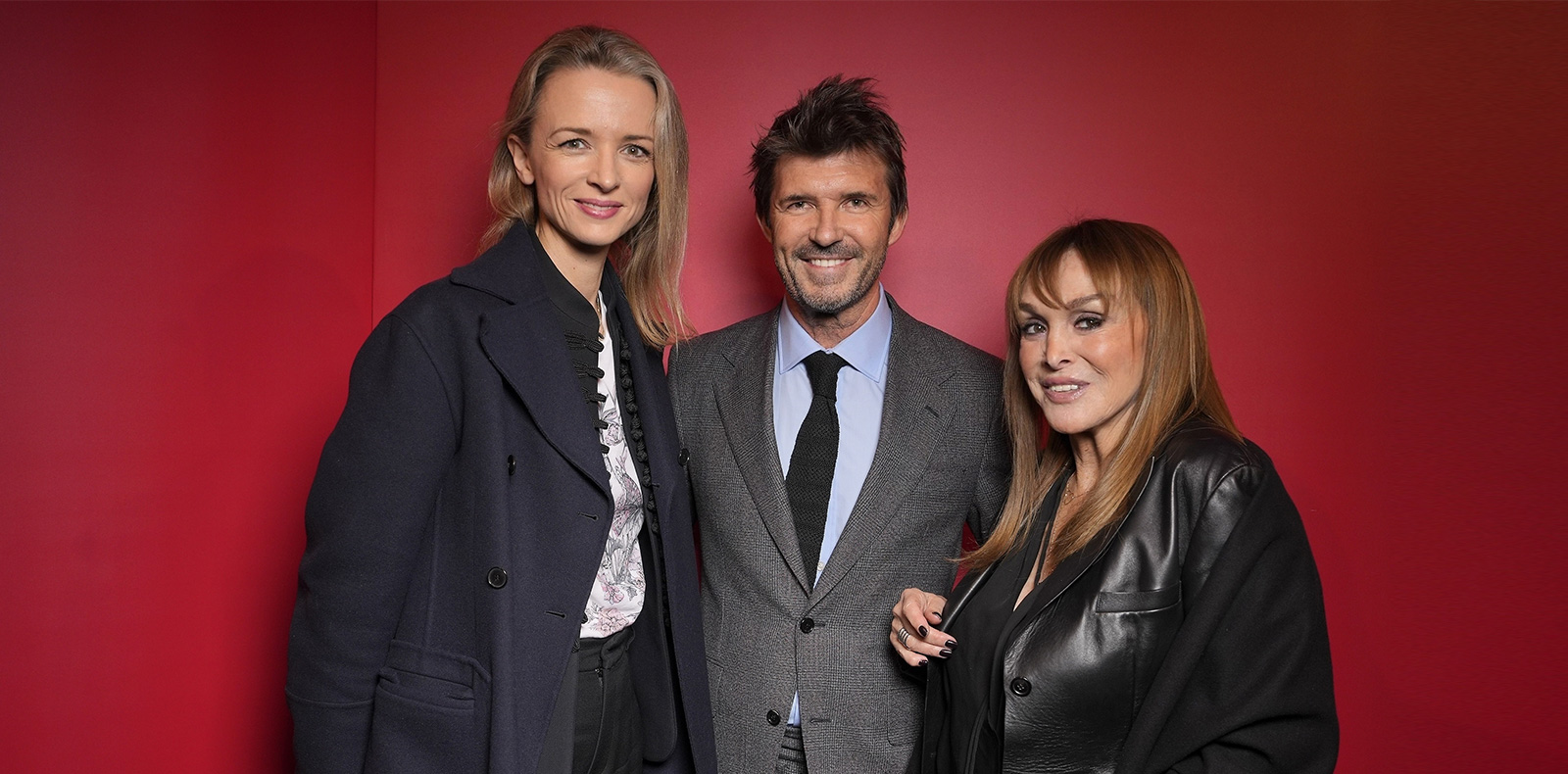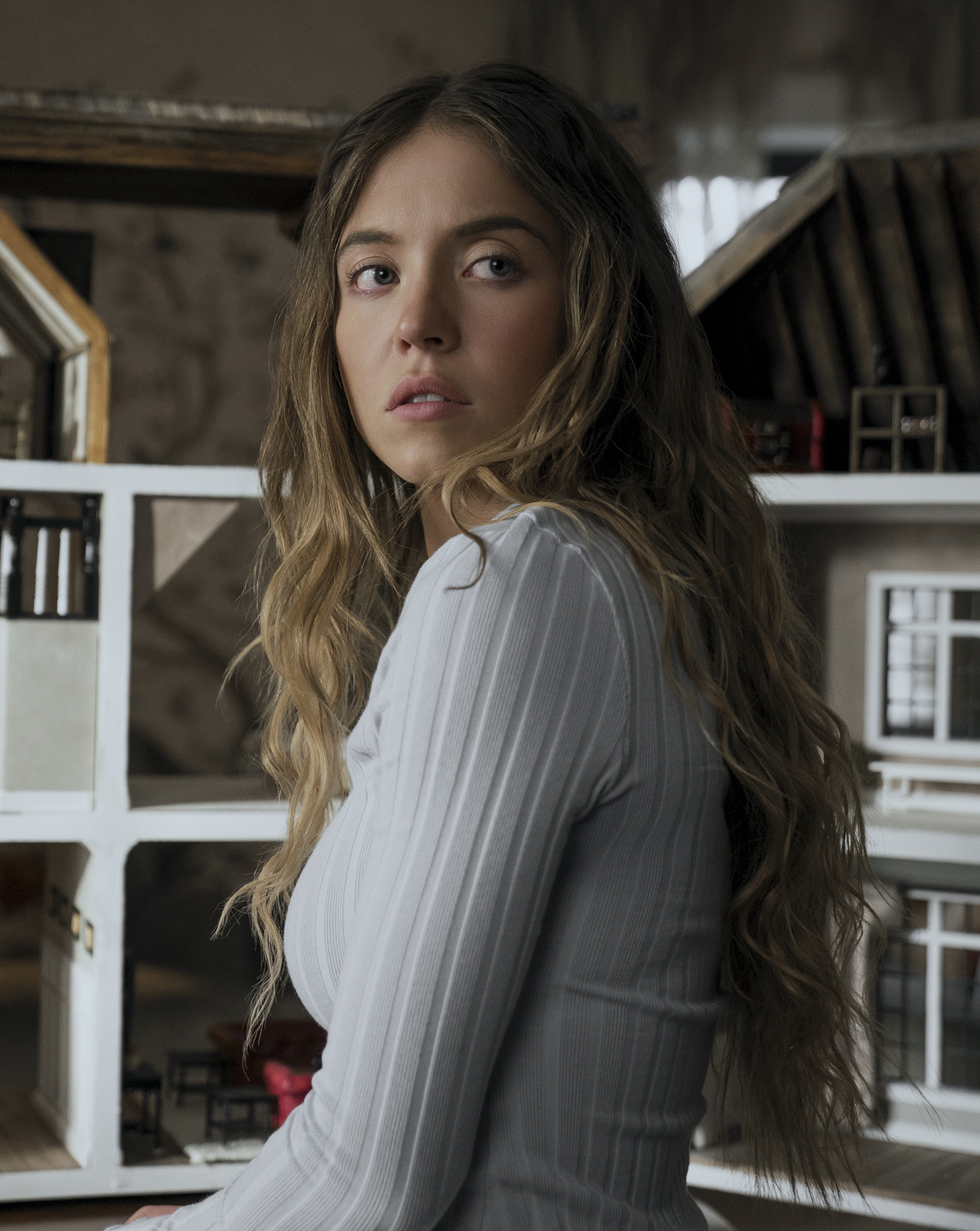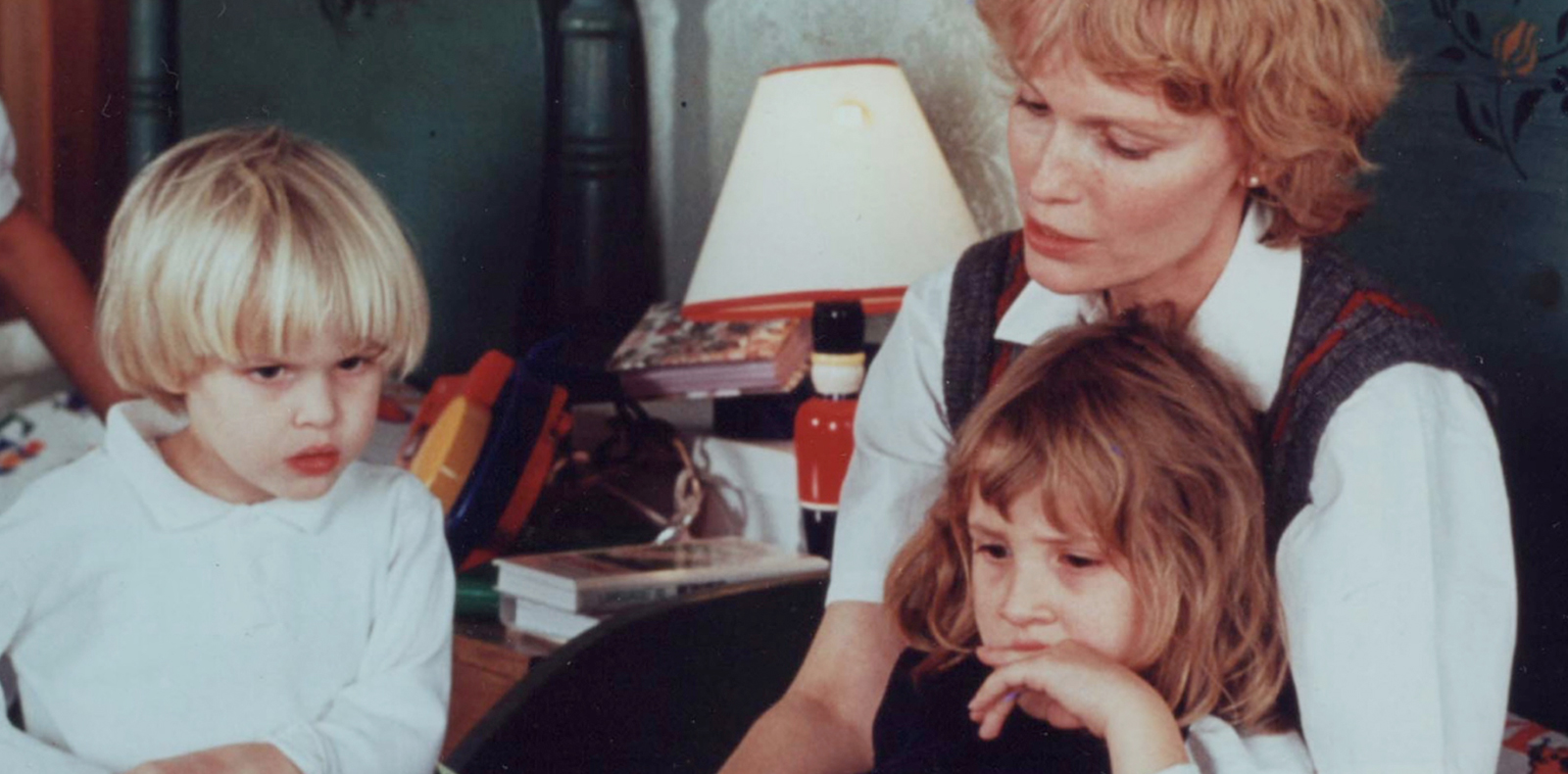
4
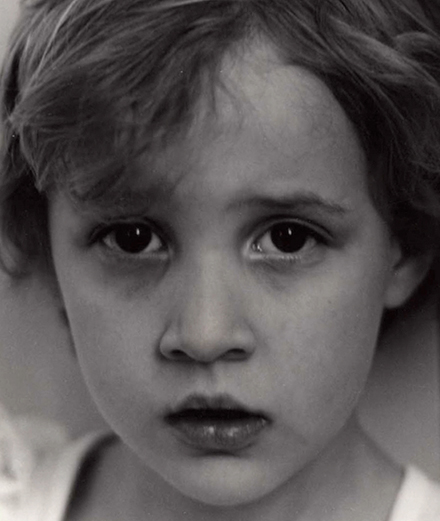
4
Woody Allen: the monster, the genius, dissected on OCS
His oeuvre is one of the most acclaimed in the world. Yet the private life of this cult filmmaker has been the subject of violent controversy ever since he found himself on the front page of the tabloid press in 1992, when his 7-year-old adopted daughter Dylan Farrow accused him of sexual assault. Through four mesmerizing episodes aired on OCS, the documentary series “Allen v. Farrow” looks back at the case that traumatised the entire Farrow family and paints a chilling portrait of a monstrous genius.
By Chloé Sarraméa.
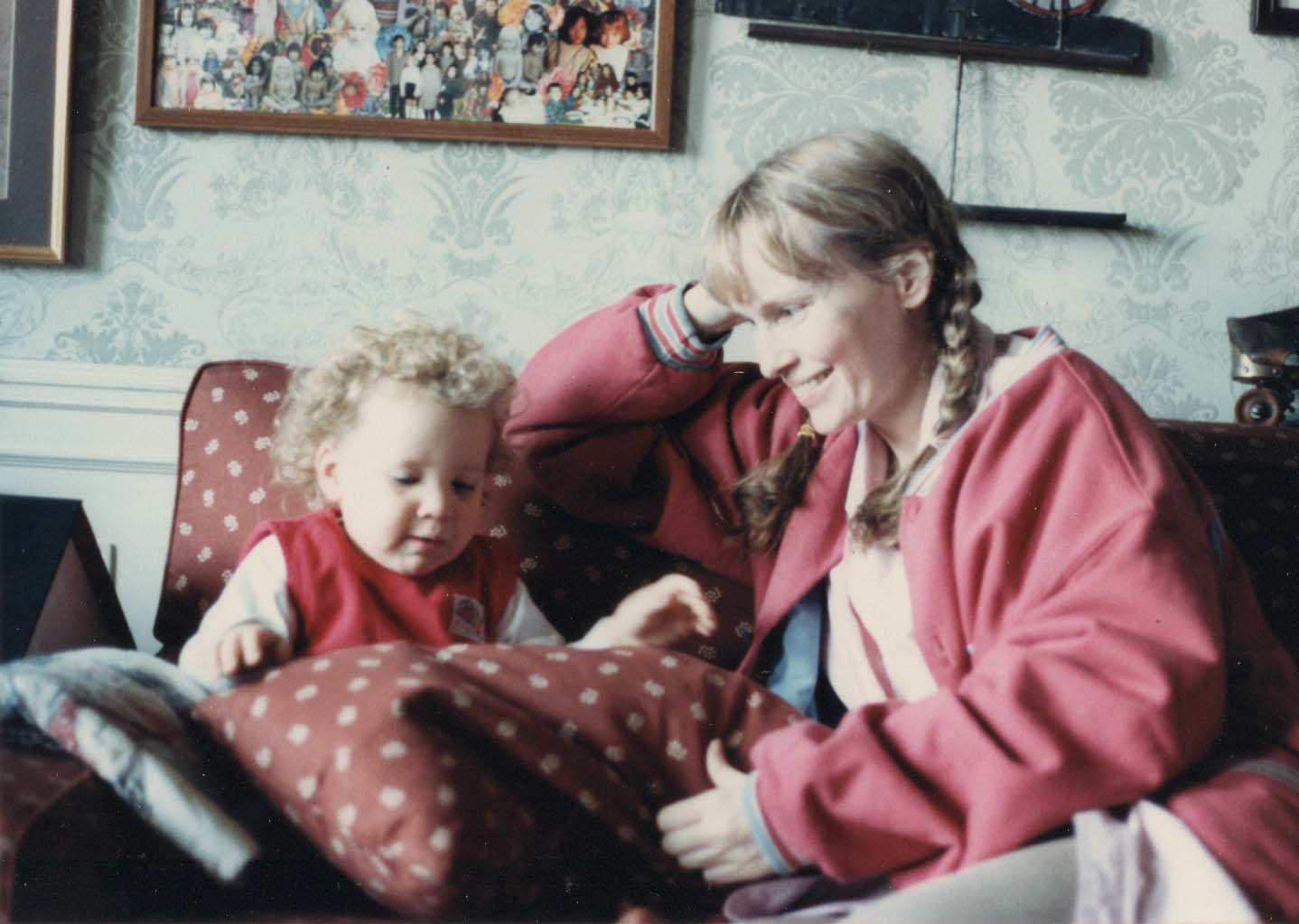
When you first start watching Allen v. Farrow it’s exciting to slip into the private life of a celebrity… but then the fear rises… and you feel trapped, stunned by so much damning testimony, by so many sordid details that make up Dylan Farrow’s accusations against her adopted father, filmmaker Woody Allen. A great malaise sets in, one which will never leave us. Throughout the four episodes of the documentary series, we find ourselves almost checking to see if the front door is actually locked.
The series is built on the testimonies of the “Farrow clan”: Dylan Farrow herself (adopted daughter of actress Mia Farrow and Woody Allen), her mother Mia Farrow, of course, and some of her other children, including Satchel – better known as Ronan Farrow – the journalist who denounced Harvey Weinstein in an investigation published by the American magazine The New Yorker. Contrary to what its title suggests, the mini-series by Kirby Dick and Amy Ziering – authors of The Invisible War (2012), a remarkable documentary on sexual violence in the army – is not a clash between two points of view: Woody Allen’s on one hand and the Farrow family on the other. On the contrary, it’s a very meticulous investigation, which took place over three years and was organised solely around the victims’ camp, as the accused chose not to intervene. The result is extremely shocking with deeply unsettling images (how can they not be, given the seriousness of the accusations?) of a 7-year-old child, filmed by her mother using a small camera, pointing to her groin and repeatedly insisting that “daddy touched my privates.”
More than revealing the still burning traumas of an incest victim – who is now almost 40 years old – and the pain of a mother, who still blames herself for not having protected her children from a “predator”, Allen v. Farrow also focuses on deconstructing the “Woody Allen personality”. Critics, journalists and writers revisit the director’s films, analysing – admittedly without much depth but enough to disturb – his unfortunate tendency to write stories about 18-year-old girls infatuated with older men, with the editing suggesting this “obsession” is actually a sad premonition… Telephone conversations between Woody Allen and Mia Farrow are unearthed, and juxtaposed with testimonies from the actress’s other children, all of whom express the other shock of their lives: the filmmaker’s love affair with Soon-Yi Previn, his “step-daughter”, from Mia Farrow’s previous marriage.
Herein lies the real point of the series: to give Mia Farrow the clearest voice possible and explain how, through a series of interviews, the use of private detectives and the bribing of psychologists, her ex-companion managed to impose a single version, his version, of the facts. By its very construction, Allen v. Farrow sweeps aside Woody Allen’s counter-attacks – while barely giving him a chance to speak, apart from excerpts from his memoirs, read by himself. After Farrow filed a complaint against him for sexually assaulting their daughter Dylan, the director launched a huge media war against the actress and her children. On every TV set, he proclaimed his innocence and accused Mia Farrow of staging the whole story out of jealousy, in revenge for his affair with his step-daughter Soon-Yi Previn, who was not yet 20 years old at the time. But what Kirby Dick and Amy Ziering demonstrate is Woody Allen’s attempt to cover up his crime by admitting to being guilty of something else, a scandal for which he could not be prosecuted. Because he and Soon-Yi Previn had been having a relationship for five years when the incest case launched by Dylan Farrow erupted… If he had been in love with this young woman for several years already, why wait so long to reveal her to the world? Wouldn’t telling this story right away be the only way to turn the tables, make himself the victim of a conspiracy and accuse Mia Farrow of trying to get revenge?
Very close to his daughter Dylan when she was still a baby – the latter trying, according to close friends of the Farrow clan, to get away from him even though she could barely walk -, a supposed misanthrope fiercely opposed to adoption unless she was a “little blonde girl”, Woody Allen is not, as his films suggest, an endearingly left-wing romantic. Instead, he is revealed by Kirby Dick and Amy Ziering to be a monstrous and calculating man, capable of raping his 7-year-old daughter in the attic of an isolated house in the depths of Connecticut – while the rest of the family search for the little girl a few floors below – and having an affair with a girl just out of her teens, who had grown up thinking of him as a father. While the charges against Woody Allen were eventually dropped at his trial against Mia Farrow – to avoid bringing the underage child to court – the documentary attempts to portray the real face of the Hollywood director known for his neurotic character. Manipulative, unhealthy, perverse… this is what the series – occasionally a little too brutally – reveals: the dark side of a man considered a monster by some and one of the greatest filmmakers of all time by others.
Allen v. Farrow (2021) by Kirby Dick and Amy Ziering, episodes 1 and 2 already available on OCS.









